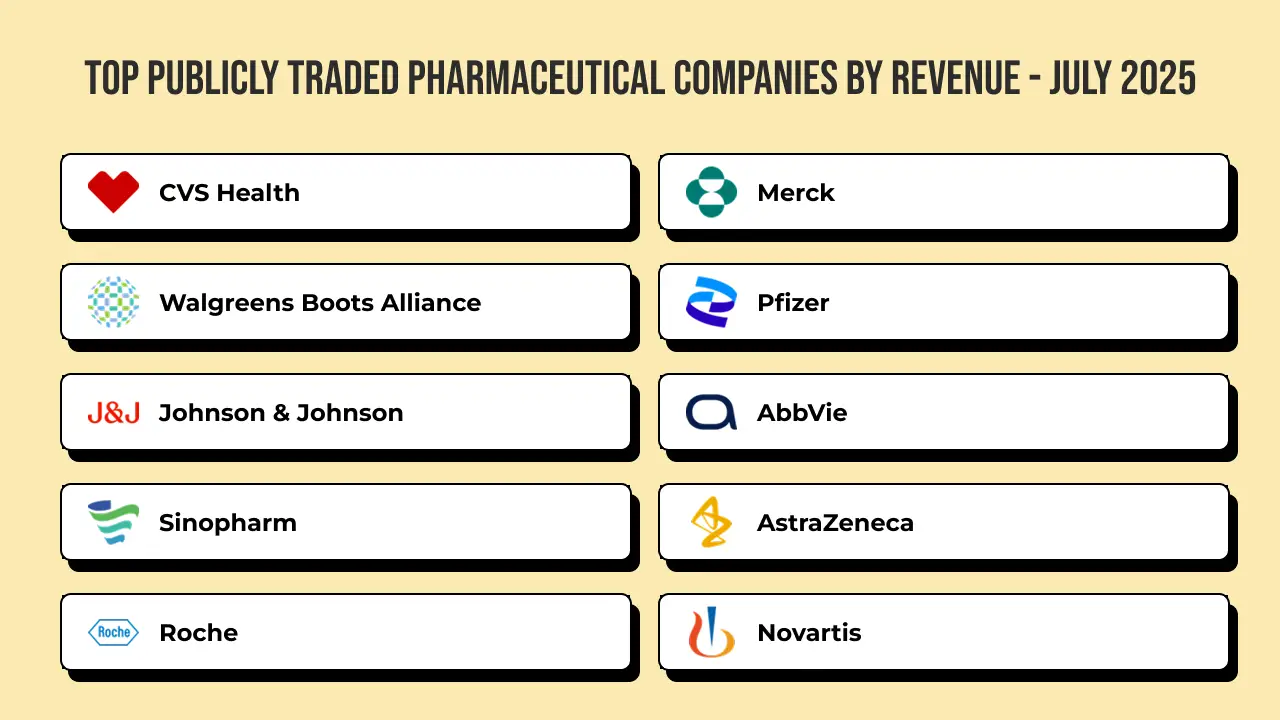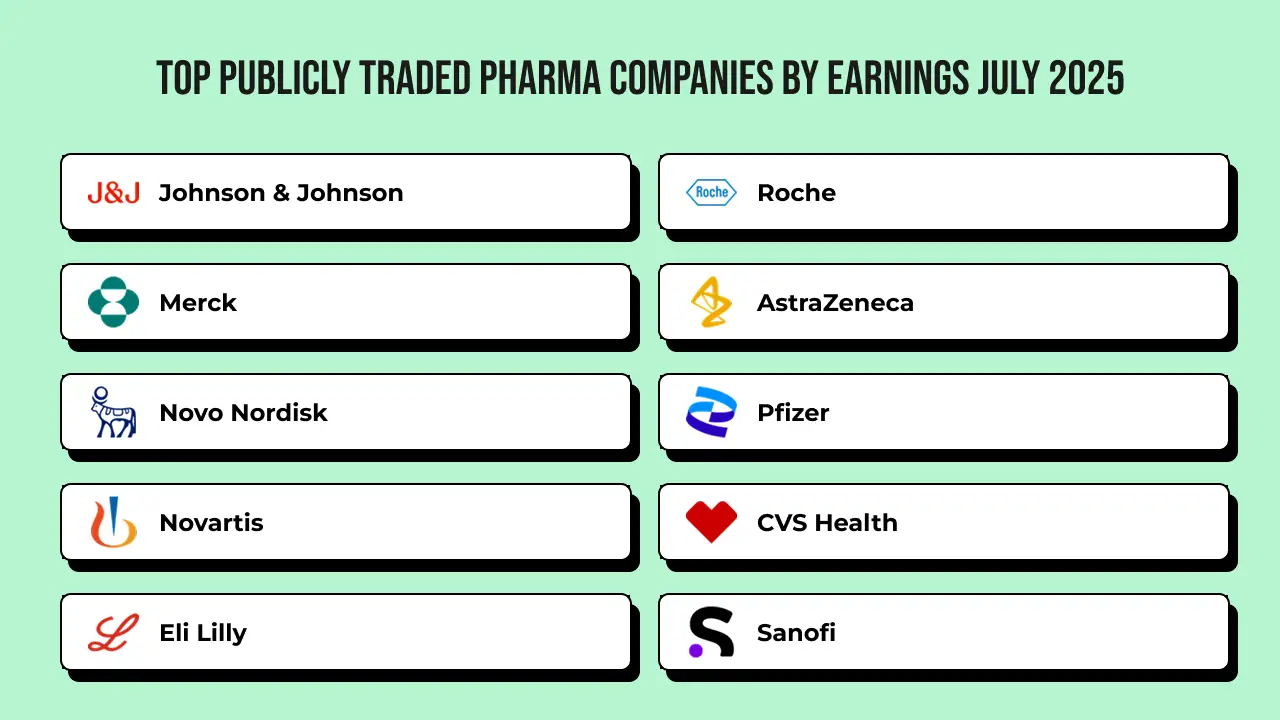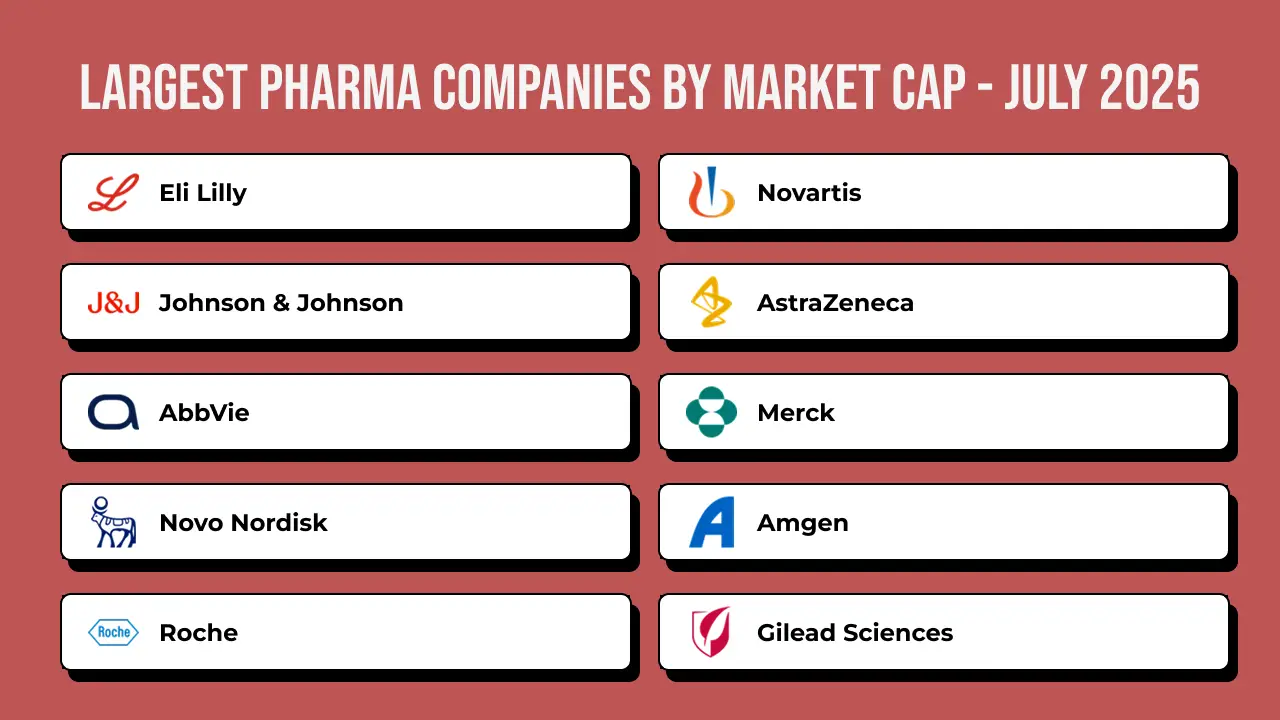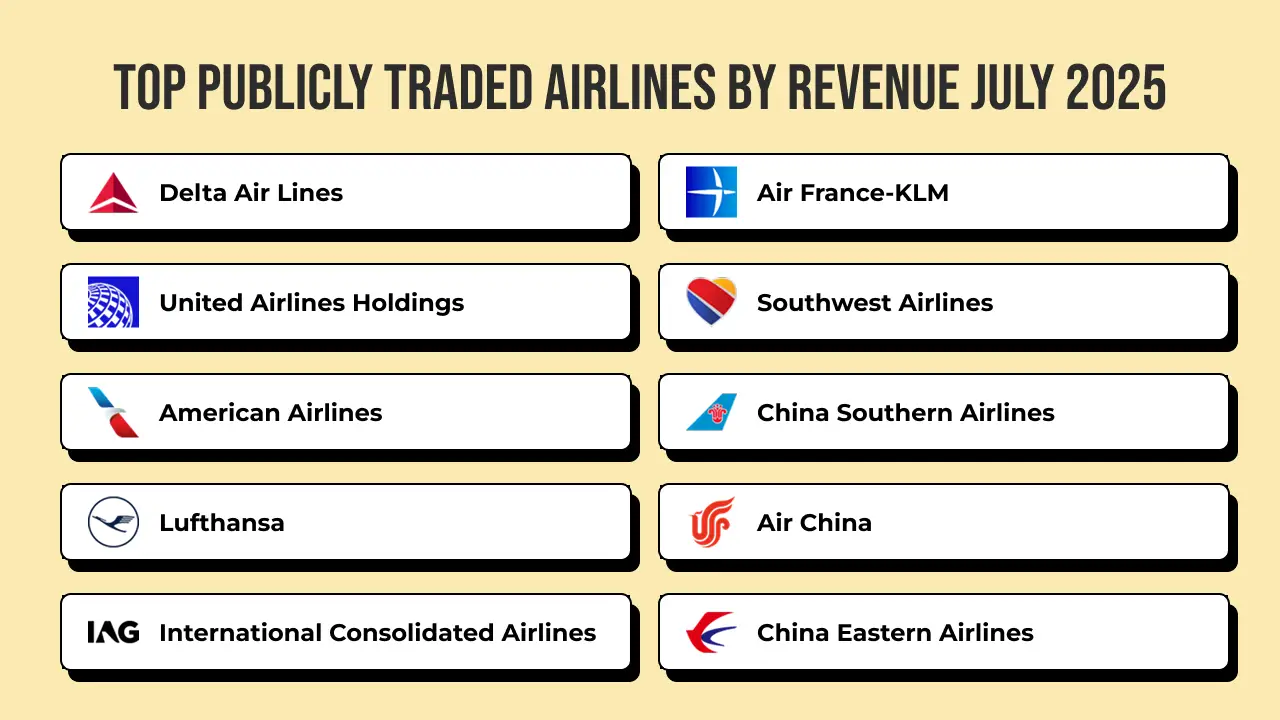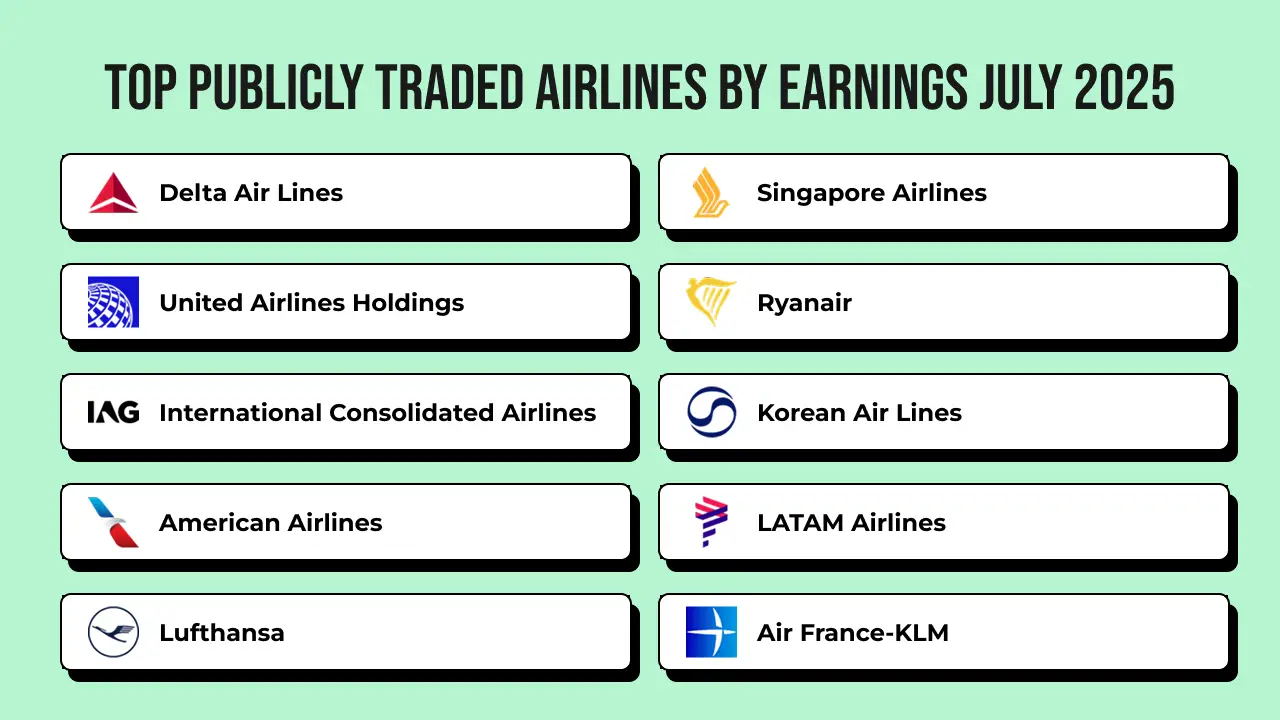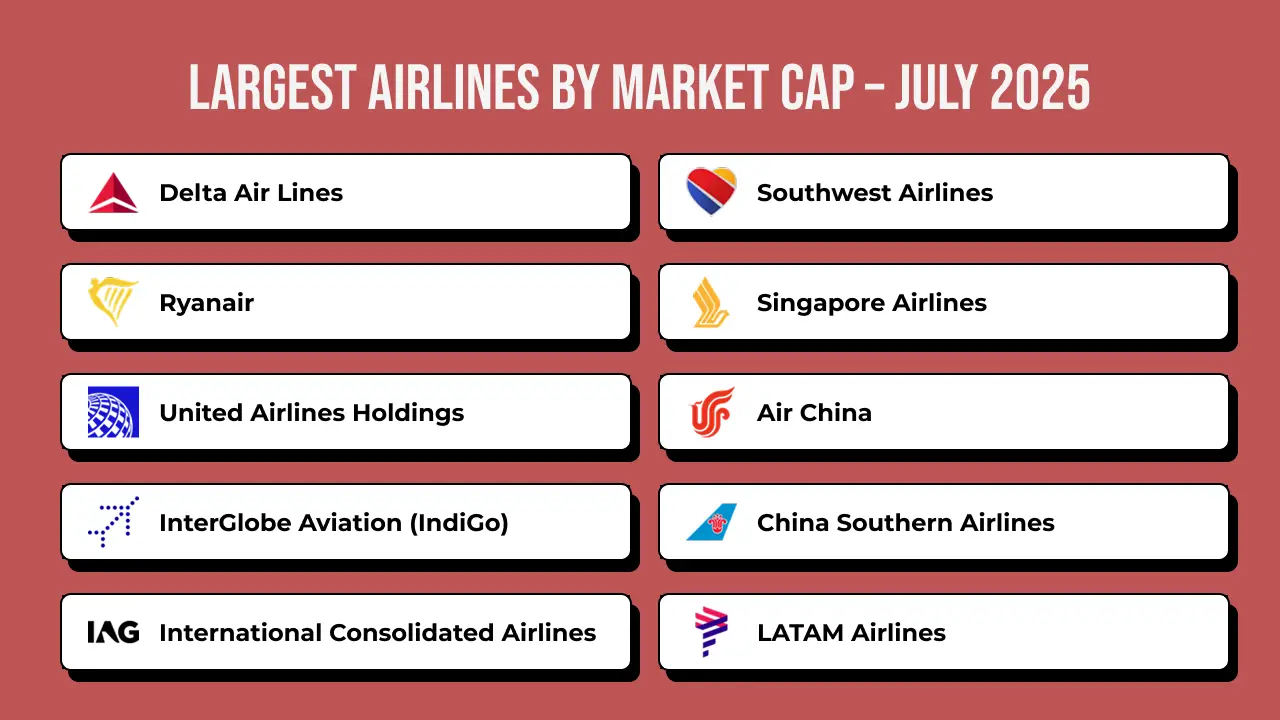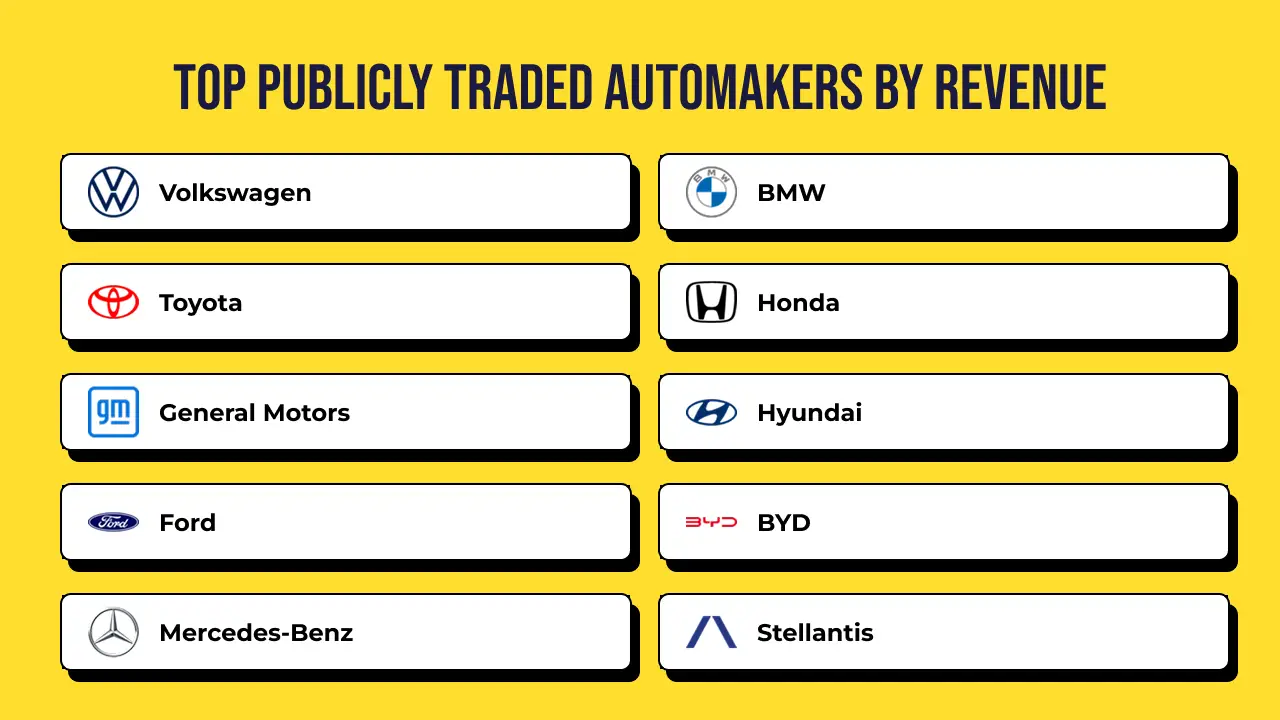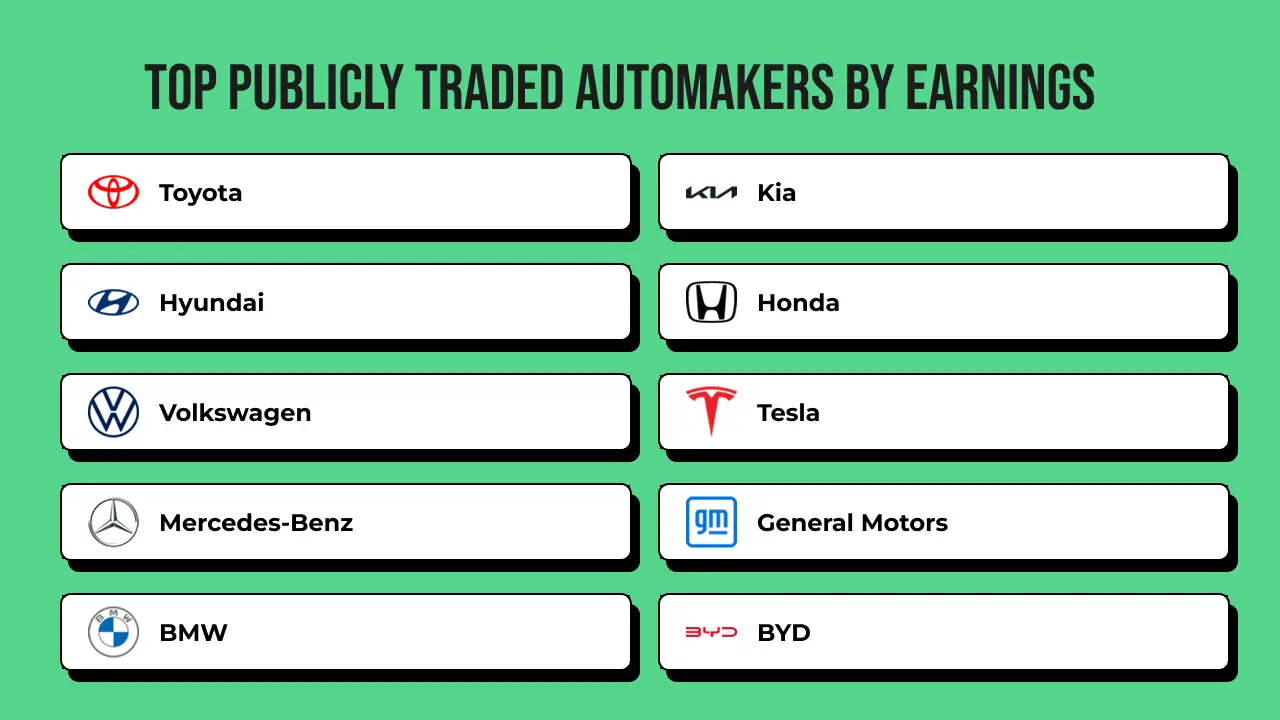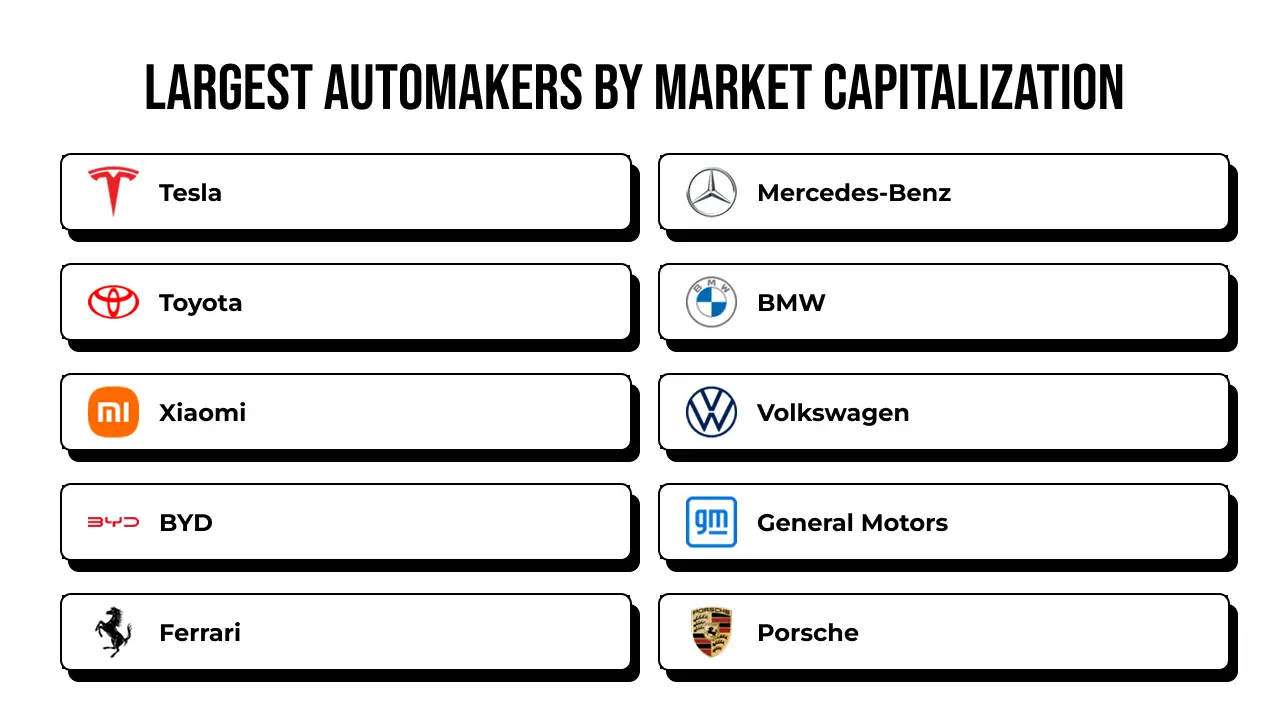I have observed that the market for AI datasets licensing in academic research publishing is experiencing significant growth, driven by the increasing demand for high-quality, accessible data to fuel machine learning and advanced analytics. In 2024, the global market was valued at approximately $4.8 billion, with projections estimating it will reach $12.5 billion by 2030, reflecting a compound annual growth rate (CAGR) of around 17.3%. This surge is largely attributed to the proliferation of AI-driven research across disciplines, from natural language processing to computer vision, necessitating robust datasets that comply with ethical and legal standards. The growing emphasis on open-access publishing and data sharing further amplifies the need for licensed datasets, as academic institutions and researchers seek to balance innovation with regulatory compliance. My analysis suggests that the market’s expansion is also fueled by investments in data curation and annotation services, which ensure datasets are research-ready and aligned with academic publishing requirements.
In my exploration of this market, I found that it is segmented into several key areas: dataset creation and annotation, licensing platforms, data aggregation services, and compliance and governance tools. Among these, licensing platforms hold the highest share, accounting for nearly 40% of the market in 2024. This dominance stems from the critical role these platforms play in facilitating secure, scalable, and legally compliant access to datasets for academic use. Dataset creation and annotation follow closely, driven by the need for specialized, high-quality data tailored to specific research domains. Compliance and governance tools are gaining traction as institutions prioritize adherence to regulations like GDPR and ethical AI guidelines. The high share of licensing platforms is unsurprising, given their ability to streamline access to diverse datasets while ensuring intellectual property rights are respected, making them indispensable for researchers and publishers alike.
Reflecting on the competitive landscape, I note that several companies lead this market, with Google, Amazon, and Microsoft standing out due to their extensive cloud-based data services and AI research initiatives. Specialized players like Hugging Face and Kaggle also command significant influence, offering platforms tailored to dataset sharing and collaboration. Google’s Dataset Search and Microsoft’s Azure Open Datasets are particularly prominent, providing vast repositories for academic research. Hugging Face excels in offering open-source datasets for natural language processing, while Kaggle’s community-driven approach fosters innovation in data science. These top companies collectively hold over 50% of the market share, leveraging their technological prowess and global reach to cater to academic and publishing needs. Smaller firms focusing on niche datasets or regional compliance solutions are also emerging, adding diversity to the competitive ecosystem.
From my perspective, the geographical distribution of this market reveals that the United States leads with a 35% share, driven by its robust academic research ecosystem and major tech companies headquartered there. China follows with a 20% share, fueled by heavy investments in AI research and government-backed data initiatives. Europe, particularly Germany and the UK, collectively holds around 25%, supported by strong data protection regulations and academic collaborations. Japan and South Korea are notable contributors in Asia, with growing AI research hubs. The dominance of the U.S. is tied to its concentration of top-tier universities and tech giants, while China’s rapid growth reflects its strategic focus on AI as a national priority. Emerging markets like India are also gaining traction, driven by increasing academic output and data annotation capabilities.
Looking at recent developments, I am struck by the introduction of federated dataset licensing models in 2024, which allow decentralized access to sensitive data while maintaining privacy—a game-changer for medical and social sciences research. Top trends include the rise of synthetic datasets, generated by AI to mimic real-world data without privacy concerns, and blockchain-based licensing for transparent data provenance. The integration of AI-driven metadata tagging also enhances dataset discoverability, streamlining academic publishing workflows. These innovations reflect a market increasingly focused on ethical AI, data security, and accessibility, shaping the future of research and publishing.


